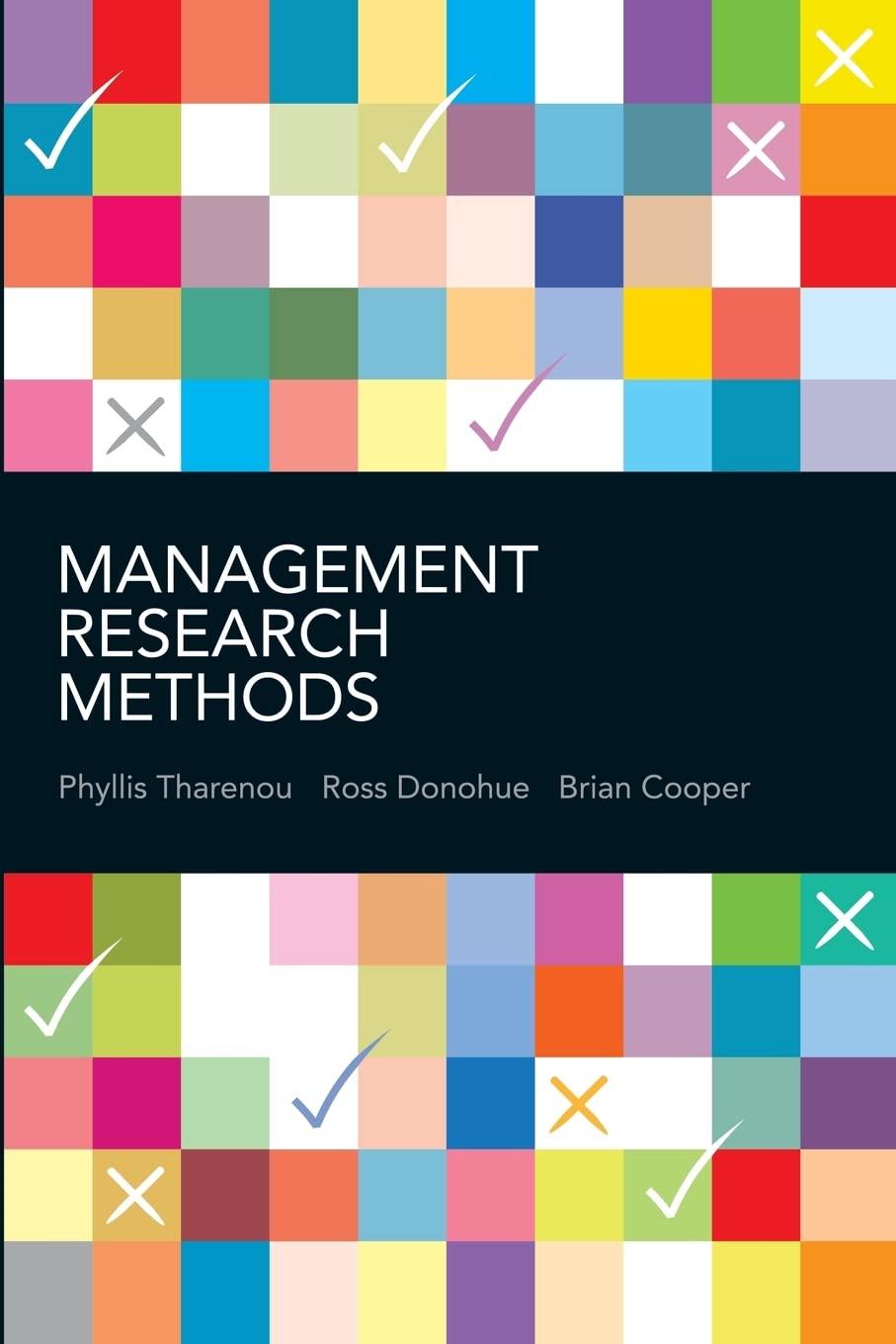Question
Scenario The year is 2021. The US FASB and the London based IASB have agreed in principle to a full merger. This merger will create
Scenario
The year is 2021. The US FASB and the London based IASB have agreed in principle to a full merger. This merger will create the Global Accounting Standards Board (GASB) and will probably be based in New York. As part of the merger, most of the accounting standards will be completely rewritten. Proposed changes are farreaching and extremely complex. The FASB has demanded that wherever there is a GAAP/IFRS difference, GAAP interpretation should prevail. This will bring IFRS into line with the US standards that are congruent with Sarbanes Oxley and the Dodd Frank Act. The IASB is keen to unite and so has agreed. In return, the US has agreed to include environmental performance measurements under the umbrella term of "integrated reporting". The changes represent a significant amount of additional regulation; at least double the compliance costs compared to the current system. Cost will be even higher in the first two years due to change over. About 40% of additional load is due to the new environmental performance measurement and auditing. The proposed environmental standards are mostly vague at this time. Further, some of the purely financial accounting changes are likely to negatively impact upon Australian firms and advantage large foreign firms.
Political Environment
The changes are politically controversial. There are many calls for Australia to abandon international standards and replace them with new regulations designed specifically for the Australian environment. This would mostly consist of reverting to pre 2005 Australian GAAP. The Australian Industry Group is worried about compliance costs and uncertainty. Australian Shareholders Association doesn't believe the changes will provide any additional information.
Conversely CAANZ, CPA Australia and the big 4 publicly support the move on the basis of increased global integration. Many vocal environmental groups (including the Greens) support the environmental changes and interpret them very strictly.
UK Financial Reporting Council, Korean Accounting Standards Board, Financial Reporting and Assurance Standards Canada and the Accounting Standard Board of Japan are publicly committed to joining. Europe is split on the issue. Russia, Brazil, Singapore, China, India, Turkey and South Africa are opposed and have promised to fork their own version of IFRS if the GASB goes ahead.
Board members of the AASB are as yet undecided as to what is the best course of action.
You work for one of the big Accounting firms in Sydney, Australia, who have been appointed to advise the AASB regarding the impacts that might result from the proposed merger. You and your team have been asked to make a research paper which will be presented to members of the Board, Treasury and the Australian Government to outline the impacts of the proposal on Australian Accounting Standards and to provide advice on the best course of action.
On reviewing the facts of the scenario, you decide that the following areas of research and analysis will enable you to provide the most effective advice to the AASB and you provide the following briefing note to your team.
Questions:
1. Critically evaluate the development of accounting regulation from the early 20th century until now and apply your understanding to the contemporary issues that are facing the accounting profession in the scenario.
2. The scenario identifies a significant increase in regulation as a result of the proposed changes, critically evaluate the potential impacts of financial accounting regulation on various groups of society both in Australia and internationally.
3. Discuss the perspectives of harmonisation versus standardisation and critically evaluate the political process and arguments for and against the original move to International Accounting Standards in 2005, then use these insights to infer possible issues or outcomes that could potentially result from the facts provided in the scenario.
4. Critically evaluate the development of social responsibility and environmental reporting including integrated reporting and apply this understanding to discuss what the 'environmental performance measurements' identified in the scenario might look like and whether their inclusion will drive any significant impact in this area.
Step by Step Solution
There are 3 Steps involved in it
Step: 1

Get Instant Access to Expert-Tailored Solutions
See step-by-step solutions with expert insights and AI powered tools for academic success
Step: 2

Step: 3

Ace Your Homework with AI
Get the answers you need in no time with our AI-driven, step-by-step assistance
Get Started


